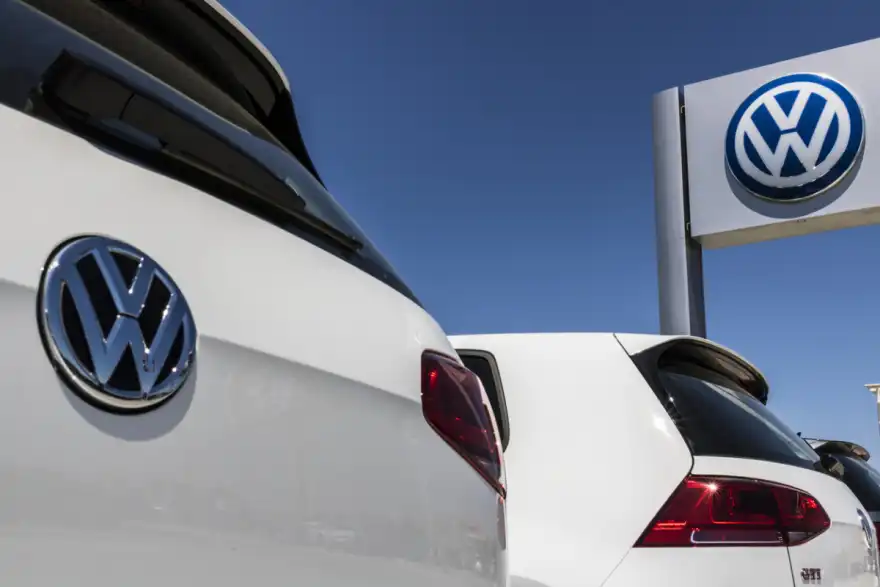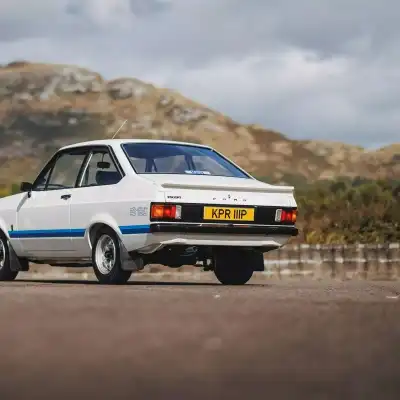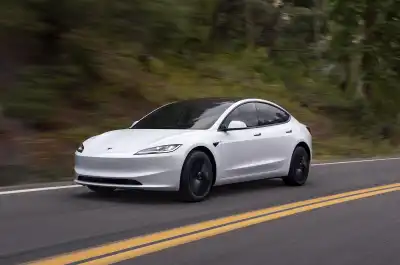
Volkswagen is hitting the brakes on some of its car shipments to the US. The company is holding vehicles at American ports as it figures out how to handle the sudden 25% import tariff announced by President Trump.
Audi — VW’s luxury brand — is taking the biggest hit. The company confirmed it's in a “holding pattern” as execs try to figure out what to do next. These tariffs came in the same day the cars arrived in the US. Now, they’re just sitting there.
VW seems to be hoping for a change of heart from the White House or maybe a deal to bring that tax rate down.
In the meantime, the brand plans to be upfront with buyers. They’ll soon add a line to your invoice called an “import fee” — right next to other extras like heated seats or a panoramic sunroof.
Audi is especially vulnerable because nearly all of its cars for the US are built in Europe or Mexico — and that makes them subject to the full tariff. That includes bestsellers like the Q5 SUV.
In a statement, Audi criticised the tariff and called on the President to start negotiating. VW echoed that, saying the entire industry — not just automakers but also customers — would end up paying the price.
Still, VW says drivers won’t notice much yet. The brand has about 37,000 cars in stock across US dealerships, which should be enough to keep things running for a couple of months.
Trump argues that tariffs will push companies to invest more in American factories. But VW says this move threatens its current US strategy — even though the company has already poured over $14 billion into US plants and employs thousands of workers, mostly at a huge factory in Chattanooga, Tennessee.
Despite that, VW still imports most of its vehicles sold in the US from Germany and Mexico, making it more exposed than brands like Ford or GM.
A spokesperson for VW said the company is staying in close contact with its dealers, and will update its plans once it fully understands how the tariffs affect pricing and production.
Other automakers are reacting fast. Stellantis (which owns Jeep, Dodge, Ram, and Chrysler) has already furloughed 900 workers and paused some factory operations. Ford is offering employee-style discounts to clear inventory. GM is shifting more production to the US. Toyota is investing in new parts systems stateside, and Mercedes-Benz is holding off on any price changes for now. Land Rover has paused its US shipments completely.
Trump claims the tariffs are about fairness. He’s argued that Europe charges the US more to export than the US does in return, and says his 20% rate is actually a deal by comparison.
But international groups, like the World Trade Organization, say his numbers are off. According to their data, European tariffs on US goods average around 4.8%. The US, meanwhile, pulled in $7 billion in tariff revenue from imported goods in 2023 — more than double what the EU made off US exports.
If you’re shopping for a new Audi or VW, you might soon see a new “import fee” on the sticker price — especially for models built outside the US. And this is probably just the start. With the auto industry scrambling to respond, more price hikes, delays, or changes could be on the way.



